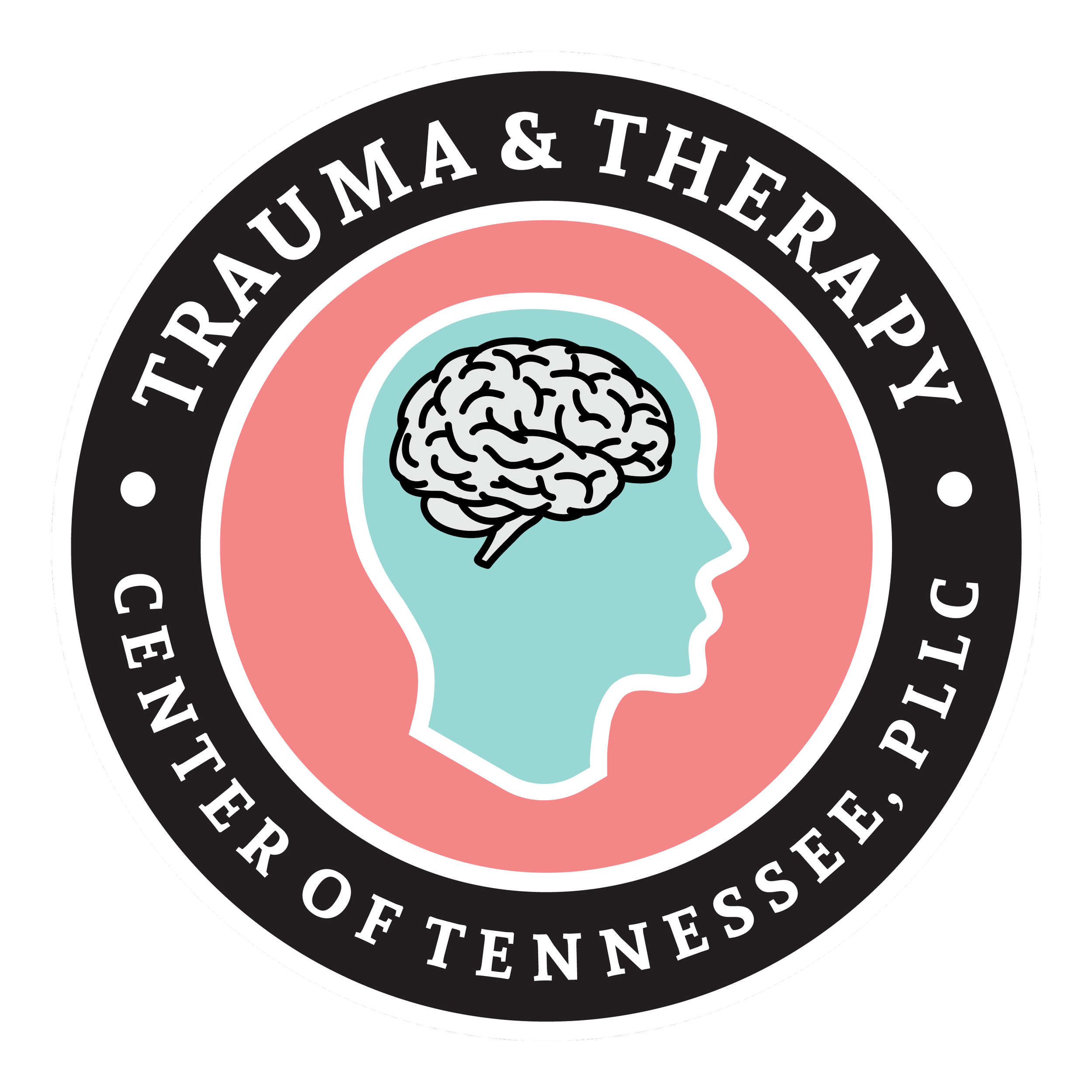When you need a gentle way to process trauma…
“PTSD is like a bad trance.” -Courtney Armstrong, LPC, creator of Trauma-Informed Hypnosis
Trauma-Informed Hypnosis
The word “hypnosis” has gotten a bad rap over the years and for good reason. Hypnosis is a process of triggering a focused state of being also known as “trance”. A trance is a natural, biological state that allows for increased focus, concentration, and absorption. Hypnosis, in and of itself, has been used for entertainment by increasing compliance or bringing about a state of relaxation. Generally, it’s not geared towards any sort of meaningful, lasting change. For this reason, it is often thought to be ineffective and comical. Contrary to popular belief, hypnosis, regardless of approach, is not a way to “control” anyone. In fact, if you don’t want it to work, it probably won’t. If you don’t have a desire to stop smoking, it won’t force you to stop. If you honestly don’t want to change your eating habits, it won’t force you to.
Clinical hypnosis or hypnotherapy is not the same as hypnosis, as known to the general public. Clinical hypnosis or hypnotherapy requires advanced training and a specific set of therapeutic skills used to create specific, lasting changes. These changes can affect cognitive, behavioral, or physiological processes. Clinical hypnosis or hypnotherapy is considered to be an evidenced based practice for a multitude of issues. Some common reasons clients seek clinical hypnotherapy include things like reducing anxiety, weight loss, smoking cessation, pain management, sleep disorders, depression, substance abuse, grief, and trauma.
Trauma Informed Hypnotherapy® is a positive, uplifting approach that is grounded in neuroscience and addresses the mental, emotional and physical effects of trauma by updating memory networks and learned patterns at both conscious and subconscious levels. This approach was developed by Courtney Armstrong, LPC after studying with numerous trauma experts and helping thousands of clients overcome trauma and grief. Courtney is a Nationally Board Certified Fellow in Clinical Hypnotherapy and also the President and Founder of The Institute for Trauma-Informed Hypnotherapy. Her approach is now recognized by organizations like the Veterans Administration and the National Board for Certified Clinical Hypnotherapists.
Think of trauma-informed hypnosis as more of a guided meditation. While it’s true that you CAN get to a deeper trance state (aka “delta” brain waves or deep sleep), it’s often not necessary for the type of work we are doing during Trauma-Informed Hypnosis. Generally, we only need to get into an “alpha” wave brain state or an “alpha theta” wave brain state. This is the equivalent of being relaxed and almost asleep. Oftentimes, our clients are still able to hear our words. While it’s true that you may not remember everything said during that time, it also true that you could remember all of it. We find that generally people remember what they need in order to move forward in healing.

